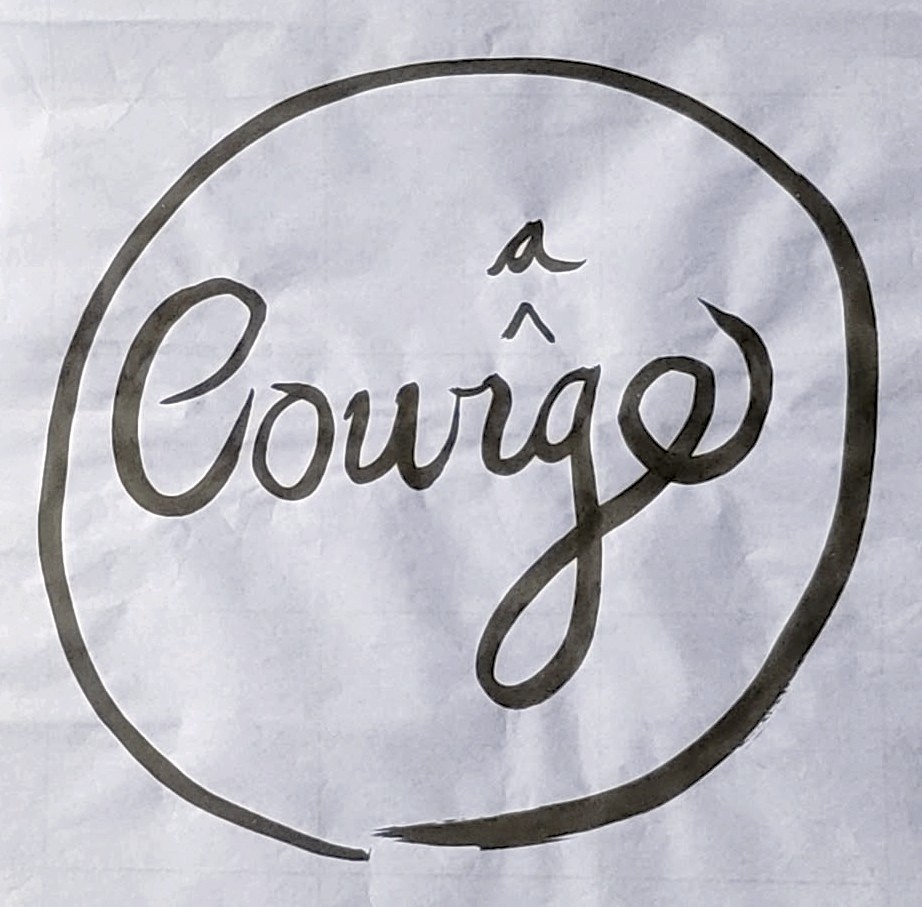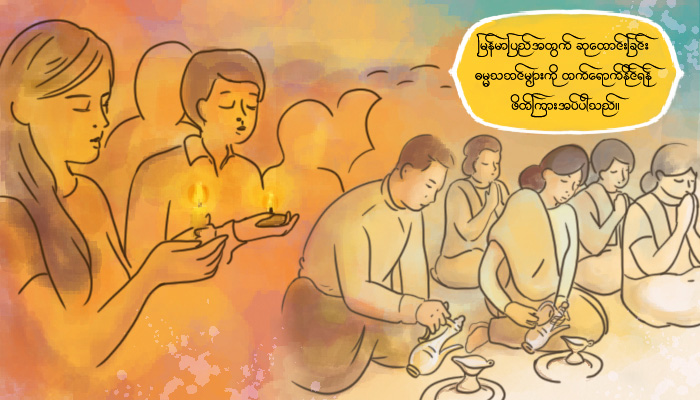Buddhist Women on a Path of Spiritual Awakening
LOVE IS
LOVE IS …
– BOUNDLESS KINDNESS in all directions
– OFFERING MEANINGFUL HELP to those in need
– FORGIVENESS for those who harm us, intentionally or unintentionally
– ACCEPTING others’ faults with patience and compassion
– ACCEPTING our own faults with patience and compassion
– SEEING DANGER in festering anger, grudge or resentment
– LETTING THEM GO
– LISTENING and BEING PRESENT, compassionate and respectful to others
– REJOICING in their goodness and happiness and not being lost in jealousy or envy
– APPRECIATING and TREASURING friends and loved ones
AND LOVE IS . . .
– SPEAKING TRUTH even when it is hard for others to hear
– COURAGEOUSLY FACING inner or external conflicts with a calm and wise heart
– REGAINING COURAGE when we lose heart
– LETTING GO self criticism or disparagement
– SETTING BOUNDARIES when others harm us by actions or speech
– CHERISHING this present moment
– WISELY SEEING life’s fleeting nature
– AWARENESS and an open heart
– SHARING Dhamma and wise teachings
LOVE IS . . .
– JOY AND HAPPINESS in life
LOVE IS OUR TRUE NATURE
Ayyā Nimmalā Bhikkhunī
calligraphy – Upasika Gotamī Hsu
Sati Sārānīya Hermitage
Sāmaņerī Sumedhā’s Going Forth
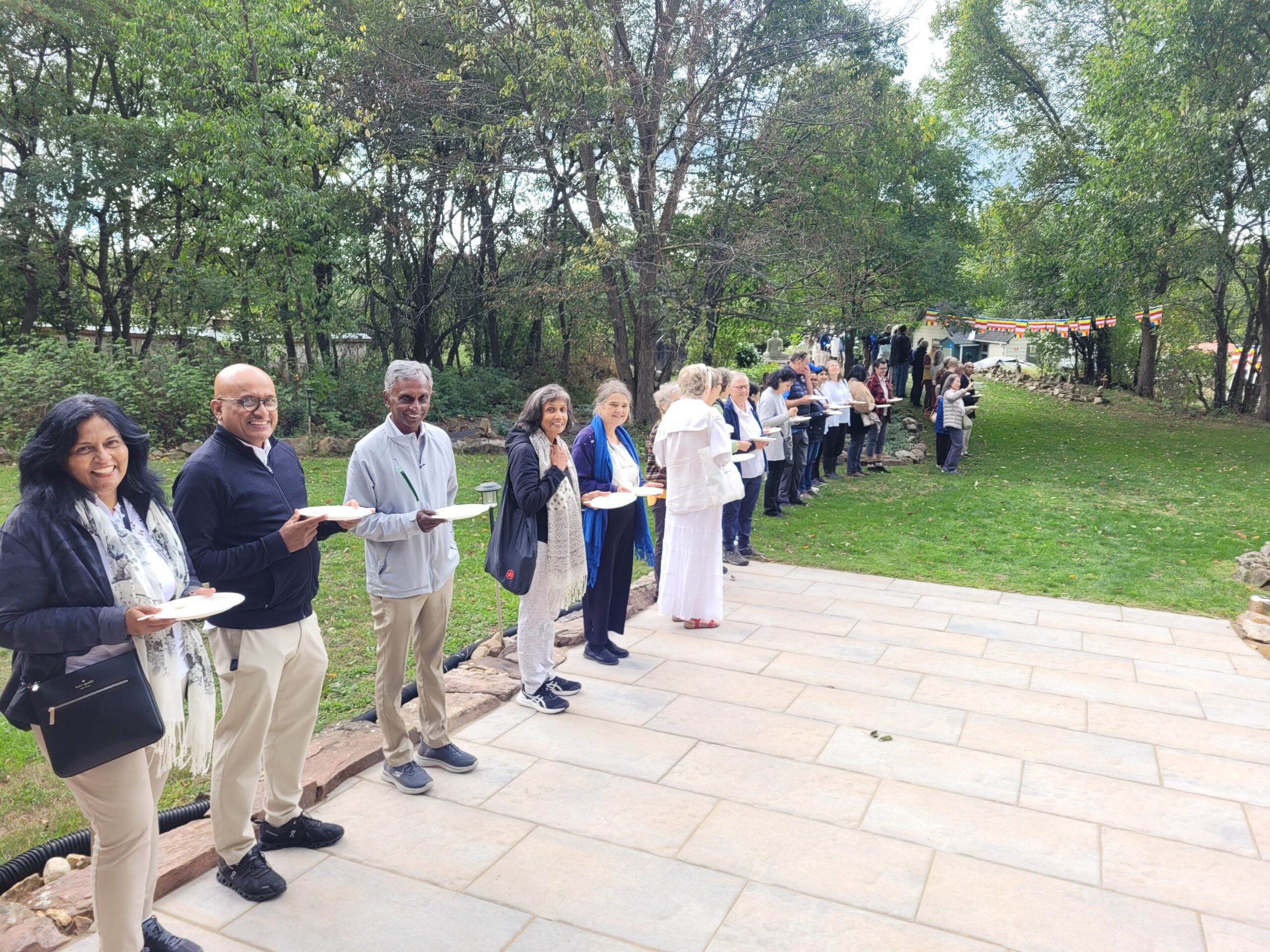 It was a day of spiritual inspiration, devotion, and community joys this full moon, September 7th, 2025. We marked the birth of the Bhikkhunī Saņgha more than two and a half millennia ago when the Buddha gave full ordination to Mahā Pajāpati Gotami, his step mother and aunt, the first woman to receive it. Here in Perth, Ontario, we rejoiced in the Pabbajjā, sāmaņerī ordination, of Sister Sumedhā. May her noble aspirations be fulfilled as she dedicates her life to awakening and sharing the blessings of the Dhamma with all beings.
It was a day of spiritual inspiration, devotion, and community joys this full moon, September 7th, 2025. We marked the birth of the Bhikkhunī Saņgha more than two and a half millennia ago when the Buddha gave full ordination to Mahā Pajāpati Gotami, his step mother and aunt, the first woman to receive it. Here in Perth, Ontario, we rejoiced in the Pabbajjā, sāmaņerī ordination, of Sister Sumedhā. May her noble aspirations be fulfilled as she dedicates her life to awakening and sharing the blessings of the Dhamma with all beings.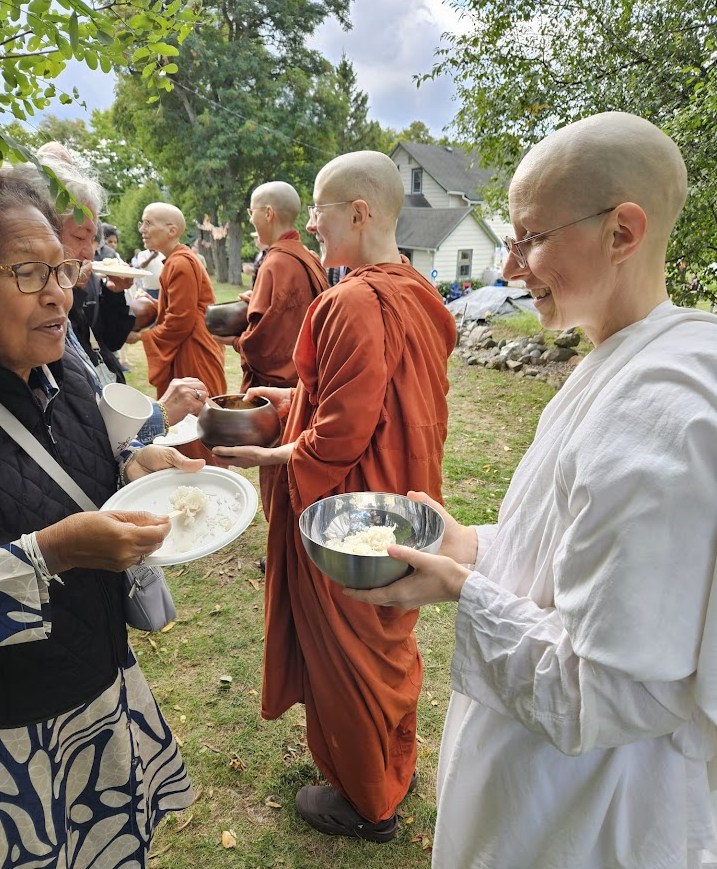
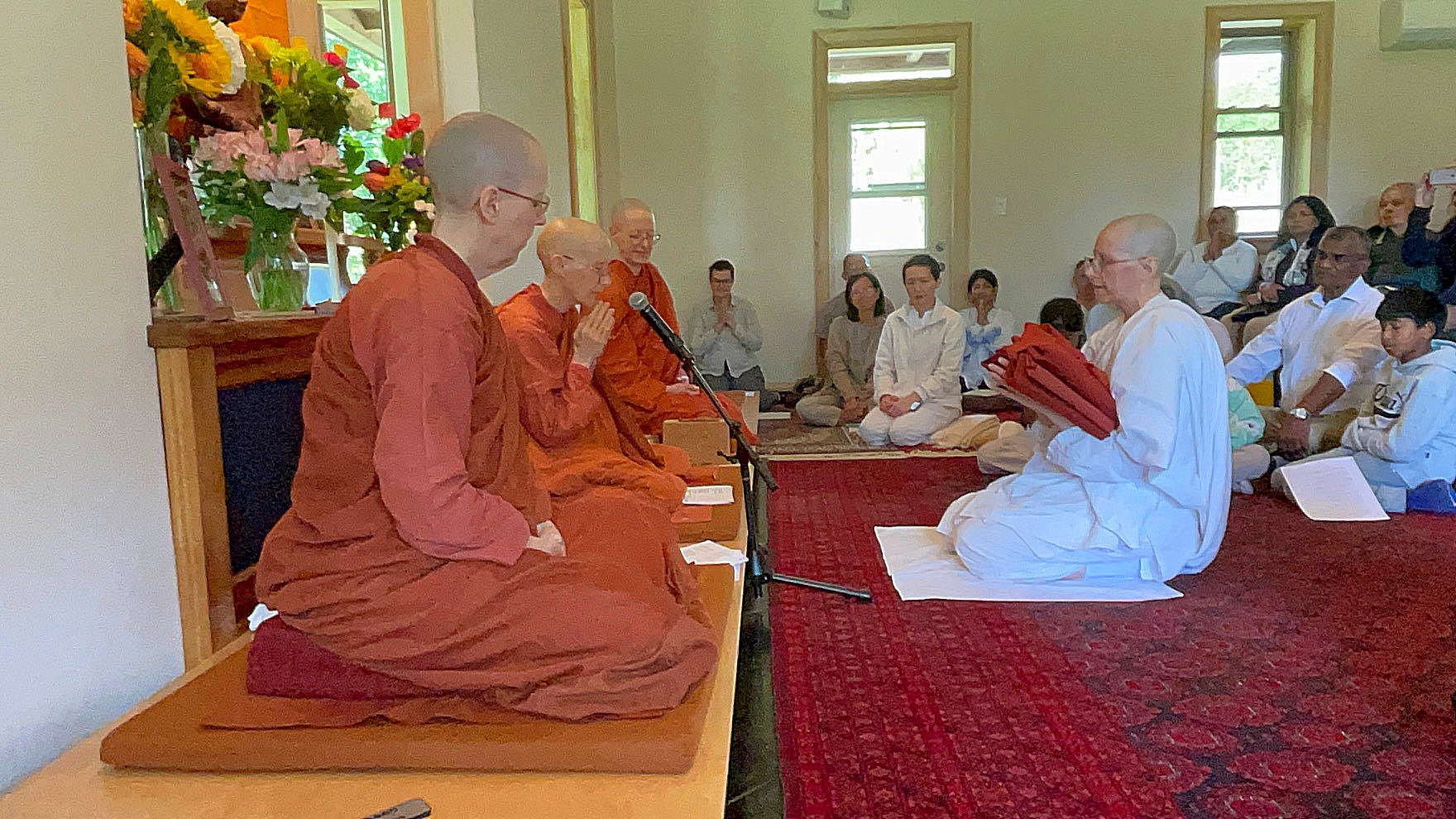
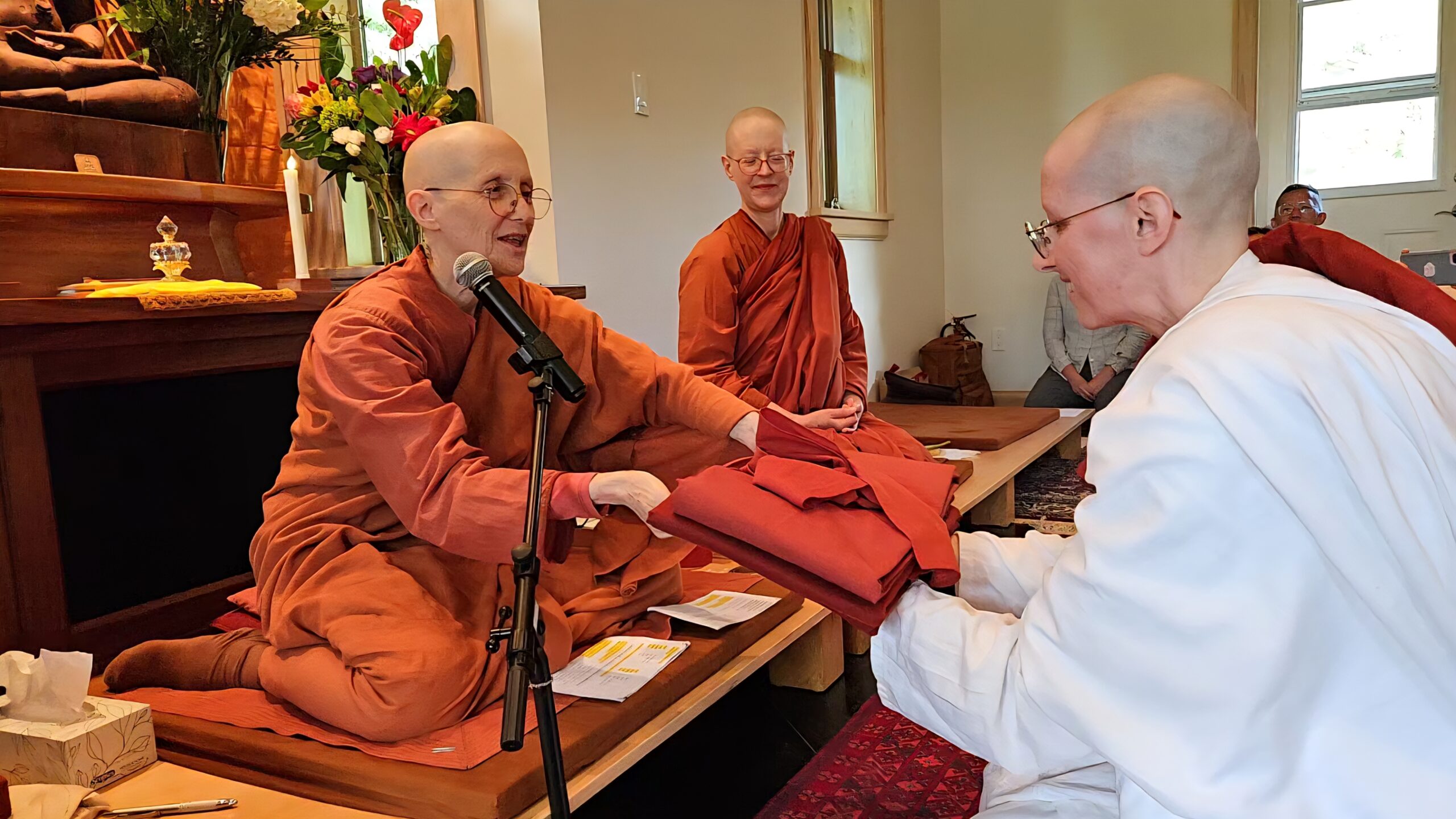
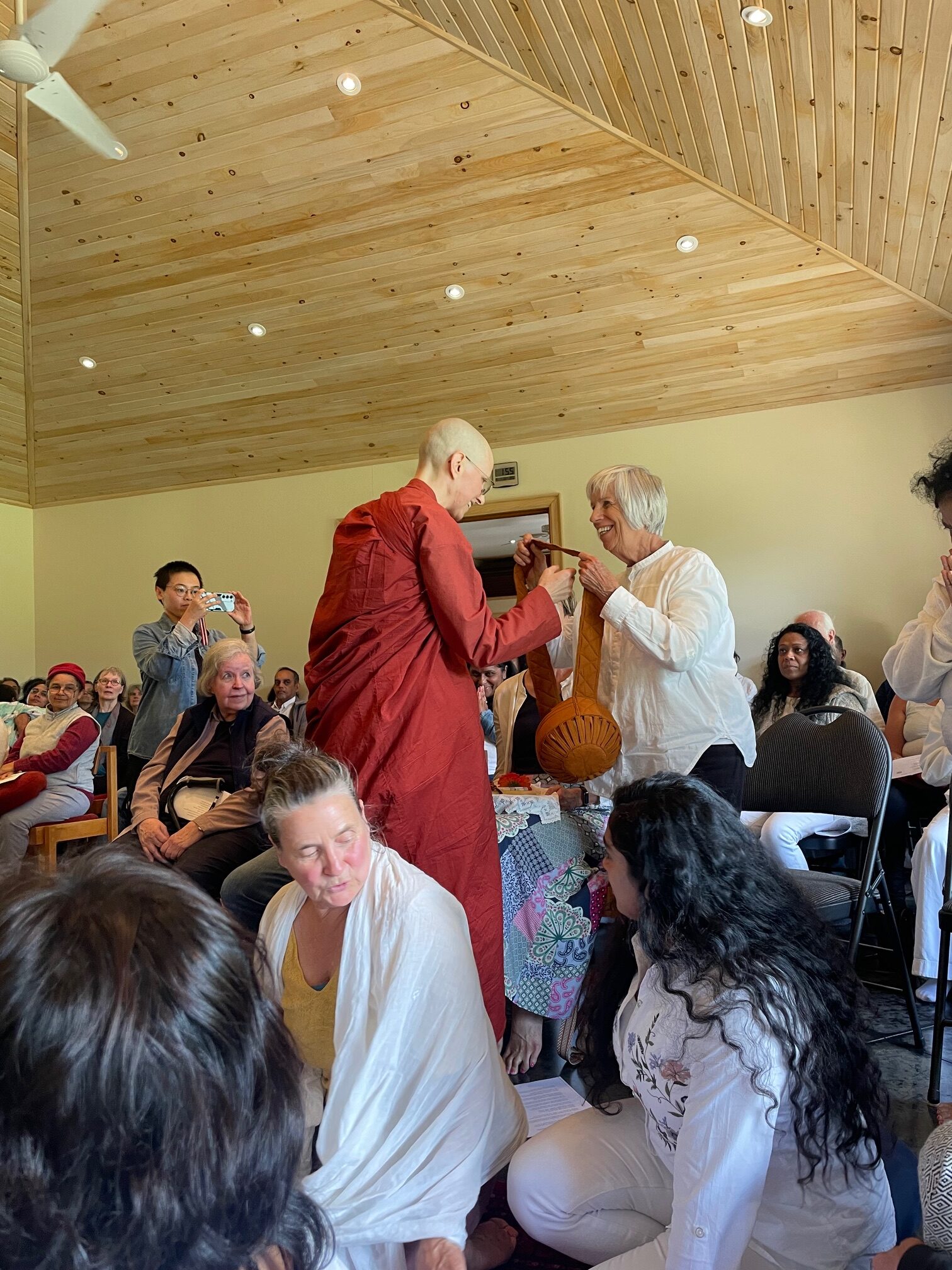
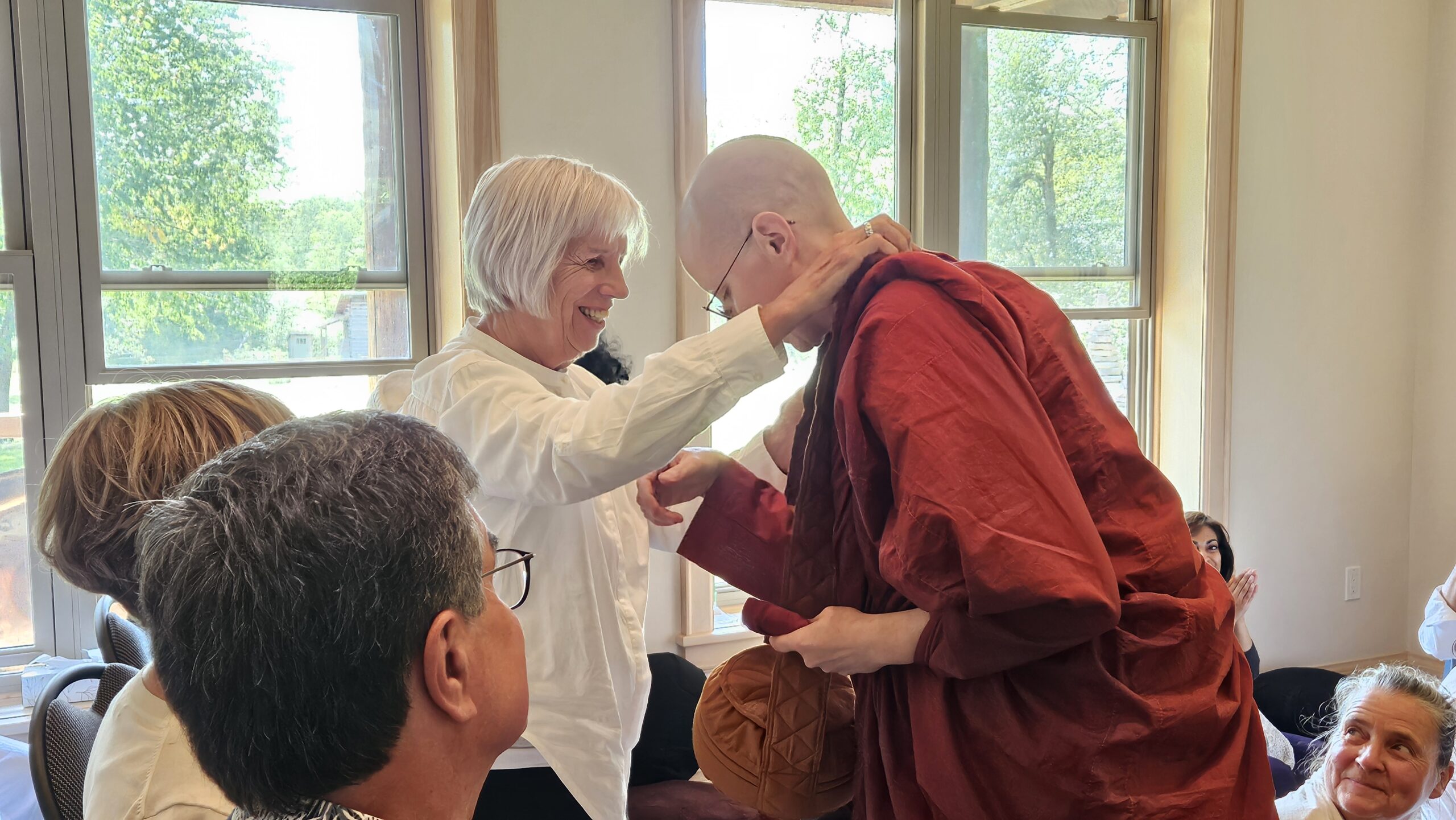
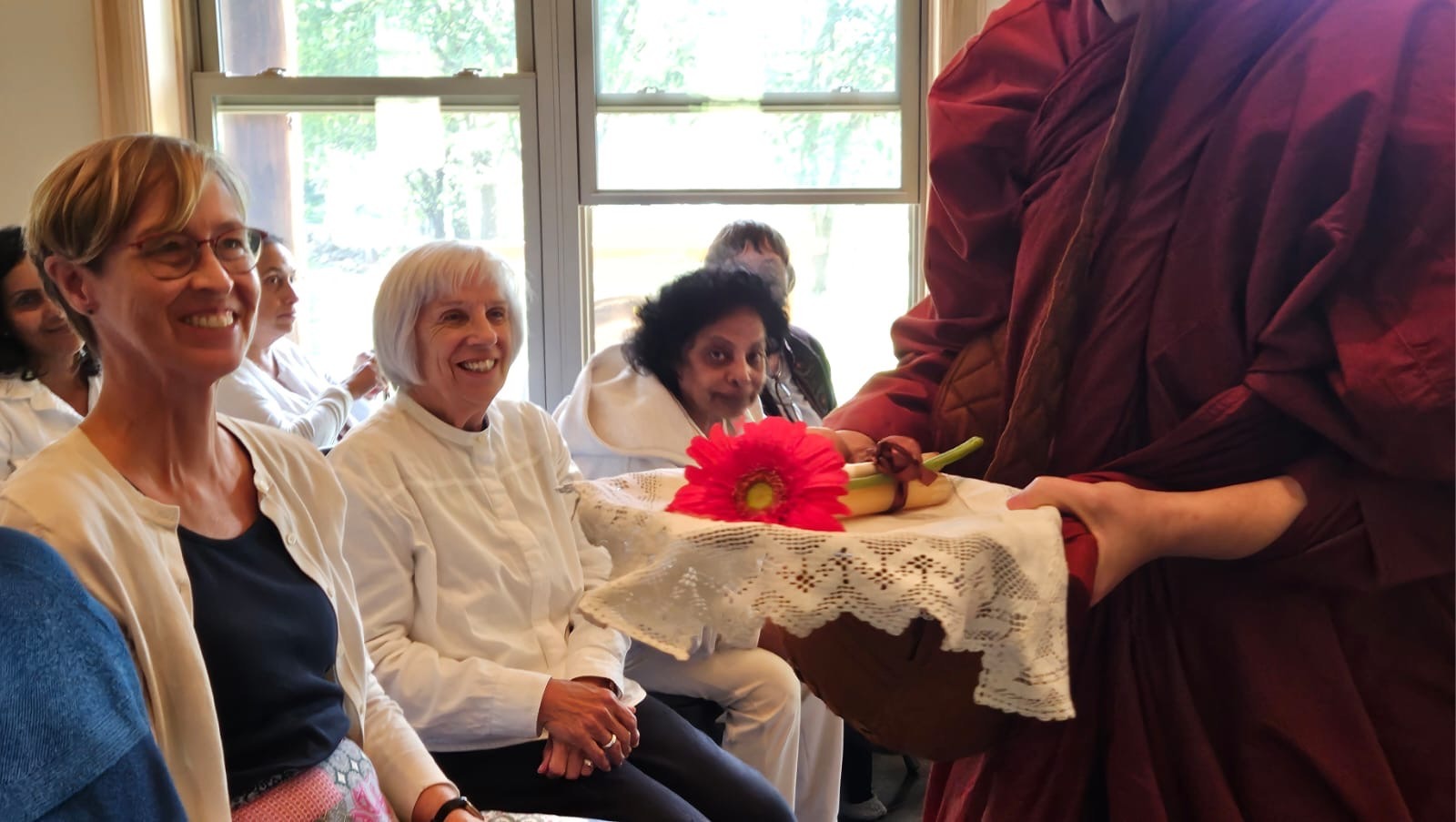
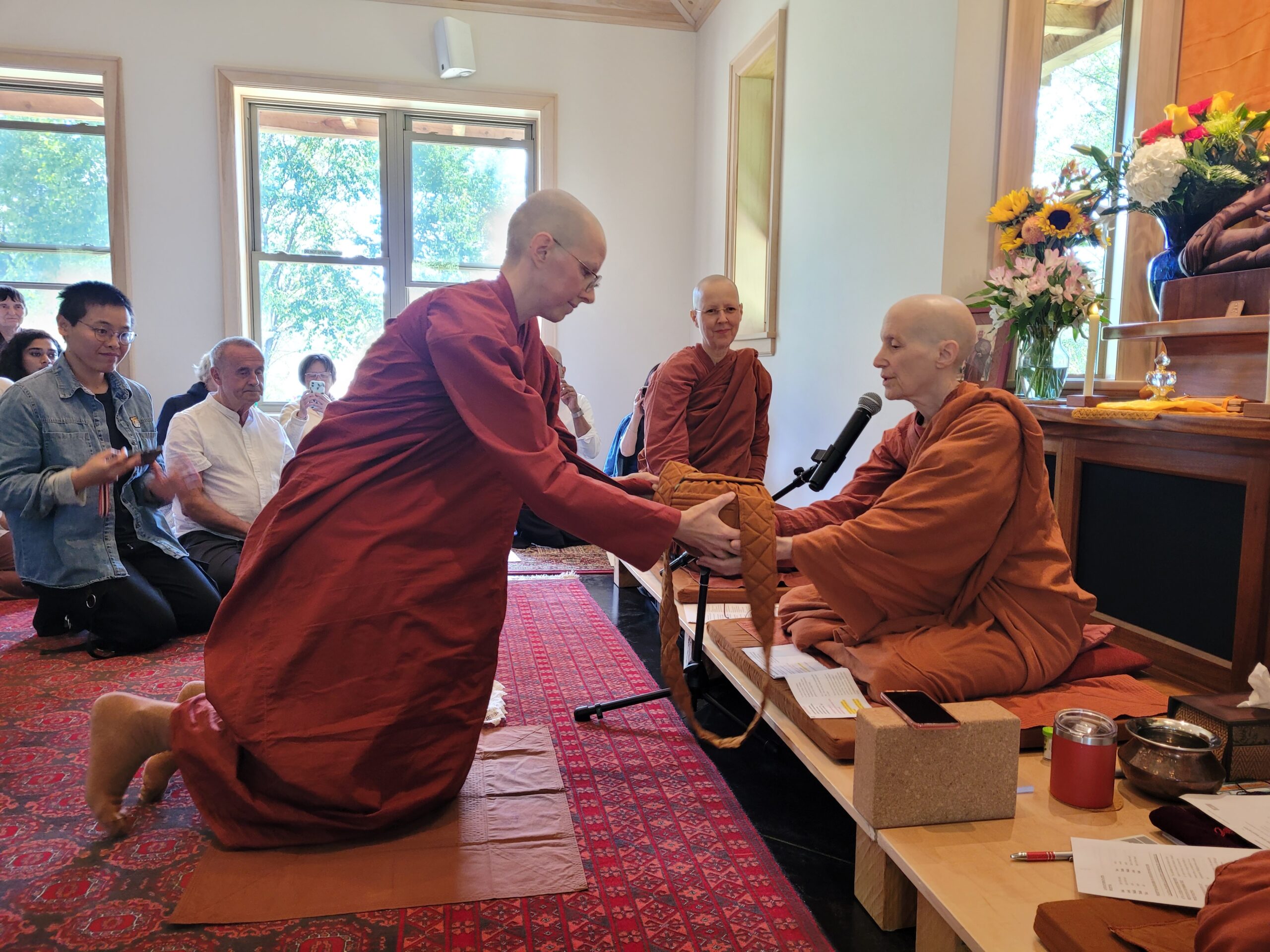
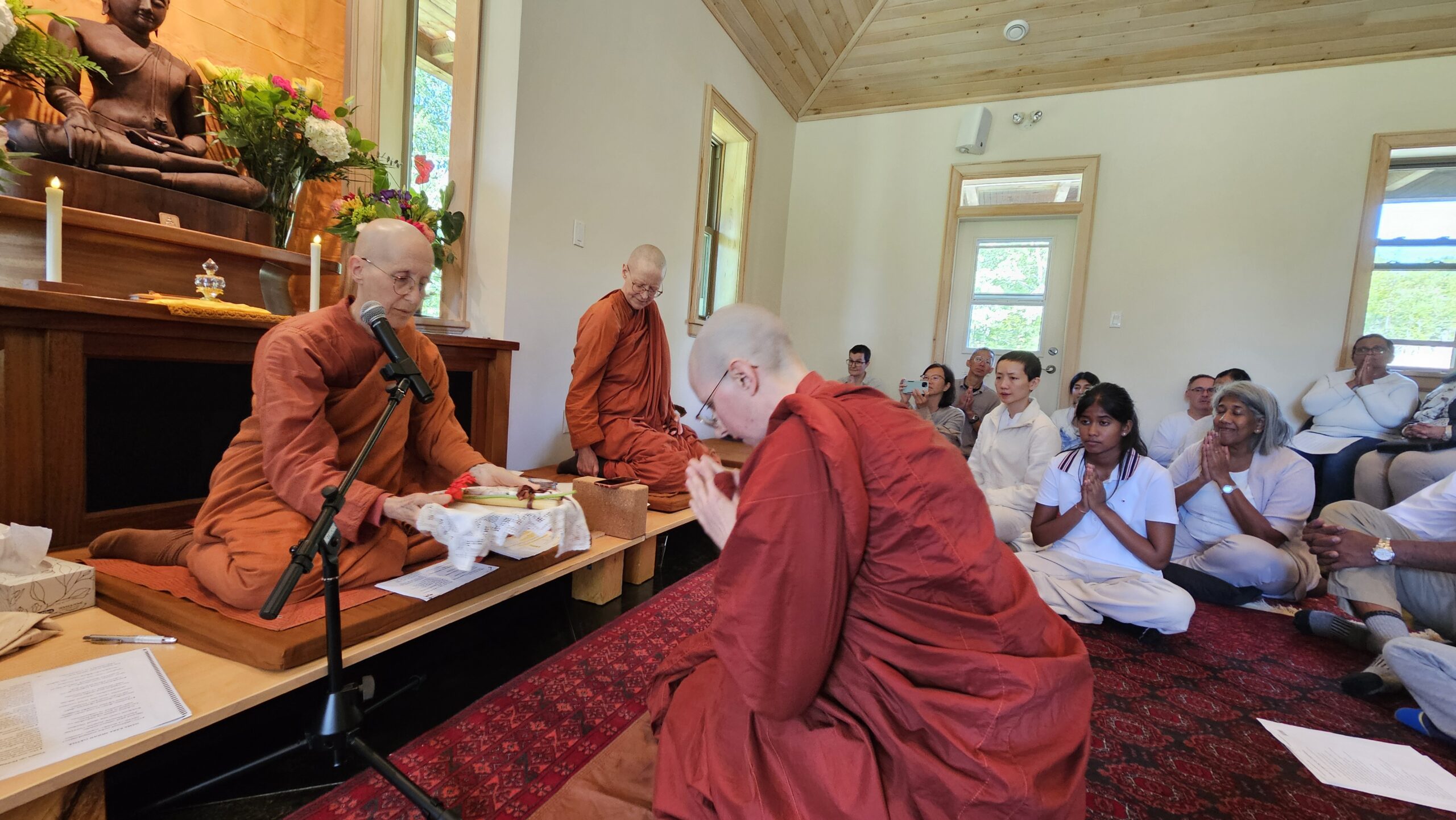
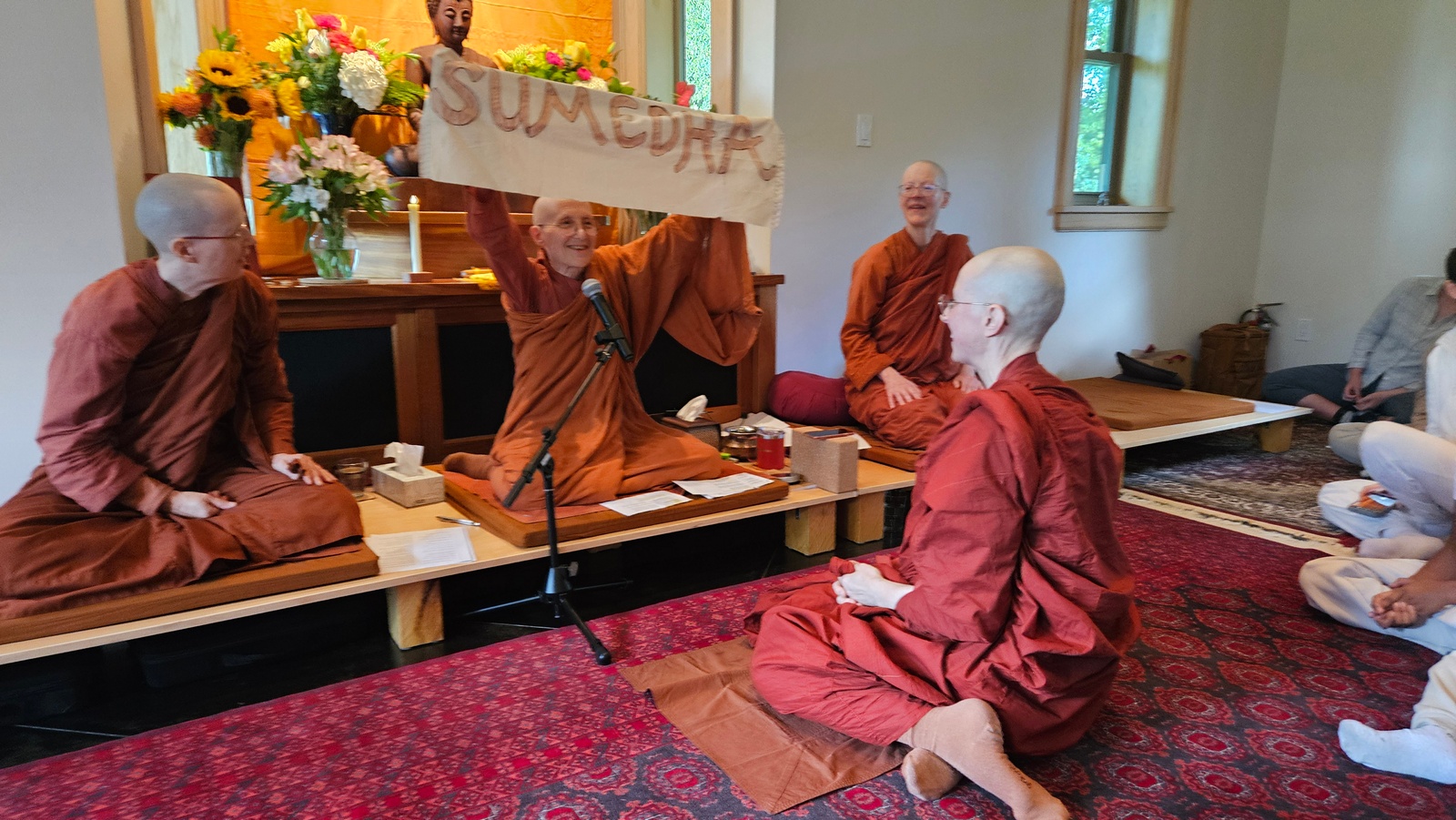
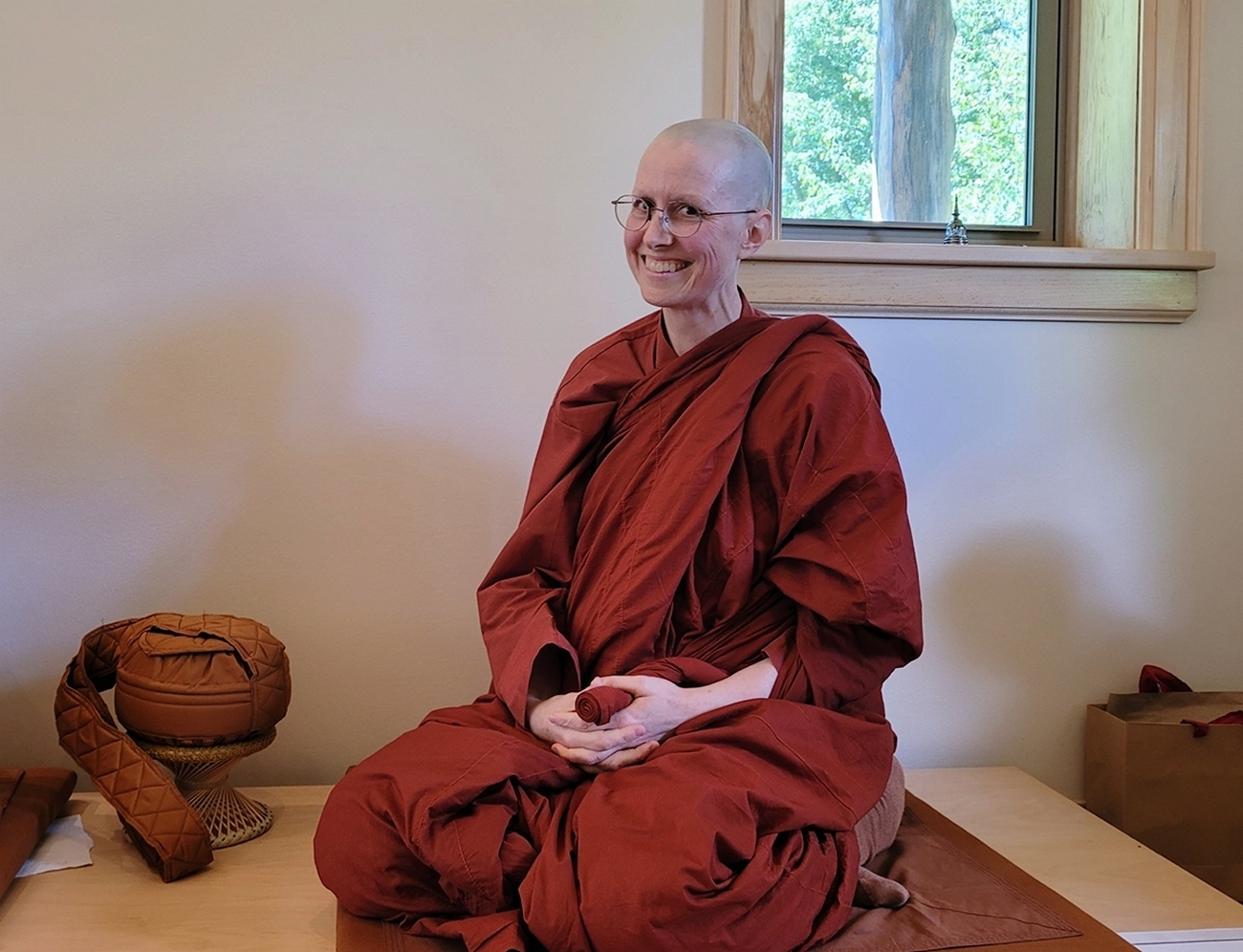
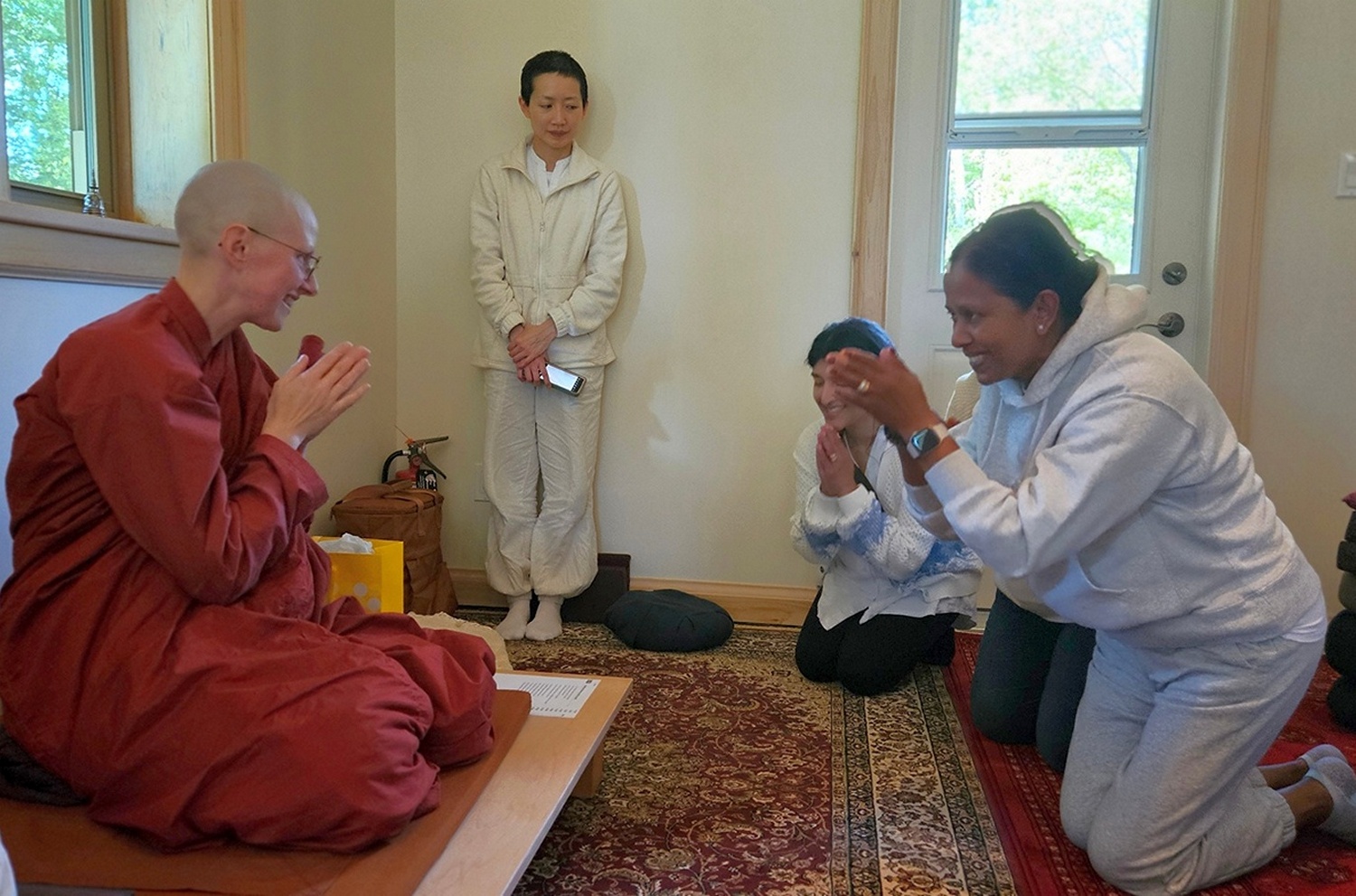
Begin Your Ascent
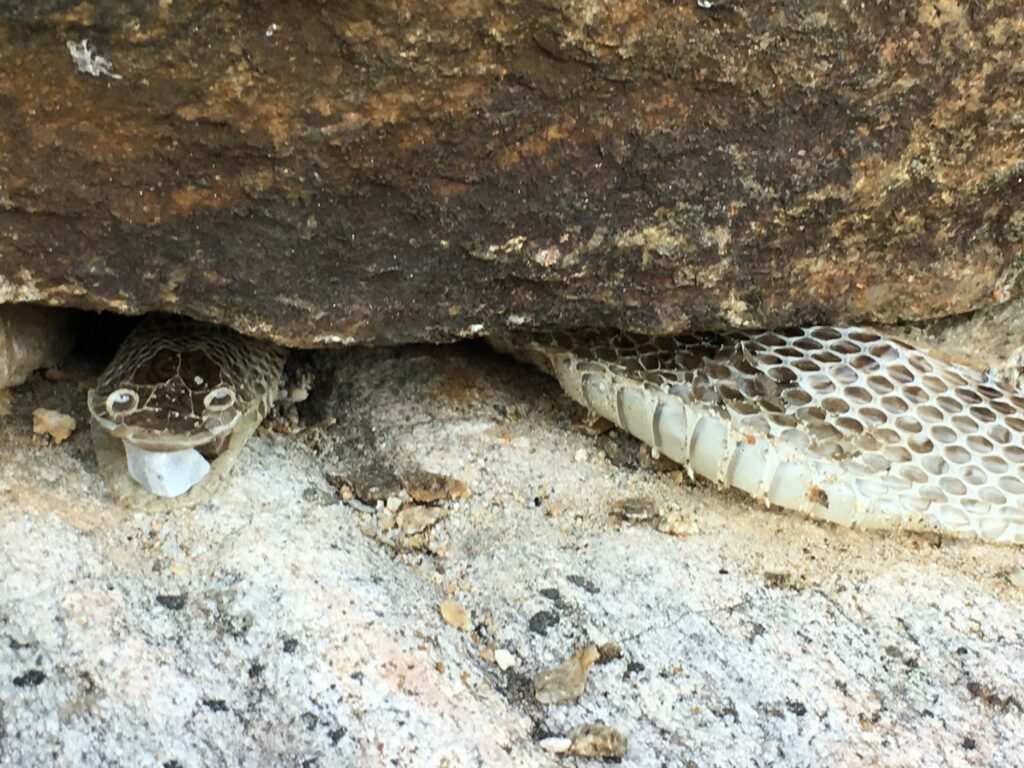
I knew nothing of climbing – had nowhere to go
But far bells were chiming, the heart was aglow.
So I trusted salvation, a way would be clear
Not a bear on my path, not a demon to fear.
I’m a rebel of faith – taking up earnestly
This heart training shunned by society.
Whose status, ideas and systems galore
Perennial voices I worship no more.
Discovering where silent creatures abide
I rejoice in their presence wherever they hide.
There is kindness abundant and peace to pursue
In seclusion of mind, I dare to break through.
There’s the naga queen lying shielded in stones
You may hear the celestial chords she intones.
With a faint smile across her immaculate face
She watches and wanders without a trace.
From her clever perch, she can mindfully see
My letting go vulnerability.
Resolutely aware, being brave as can be
No more running away, so I set my heart free.
Defy all these worldly spell-binding shrouds
Like a swan flying home above the far clouds.
Not abandoning truth, know change and relent
Break the prison doors down and begin your ascent.
What we honour and bless on our tender journey
The hills and horizons of life’s mystery.
Understanding this cycle: birth, aging and death
Not fearing darkness, bring peace to each breath.
All I need is here, can the quiet mind reign
Stop the worry and fear, end the struggle and pain?
I listen intently, deep in silence I bow
To the Deathless within – revealed here and now.
Pure crystal presence, contentment tried on
Heart’s courage enough for compassion to dawn.
I can hear wisdom speak at the feet of the Lord
Won’t this self disappear with my loving sword?
© Ayyā Medhānandī, 2025
photo: © Sati Saraniya Hermitage, Stupa Friend, 2024
A Banquet of Stars
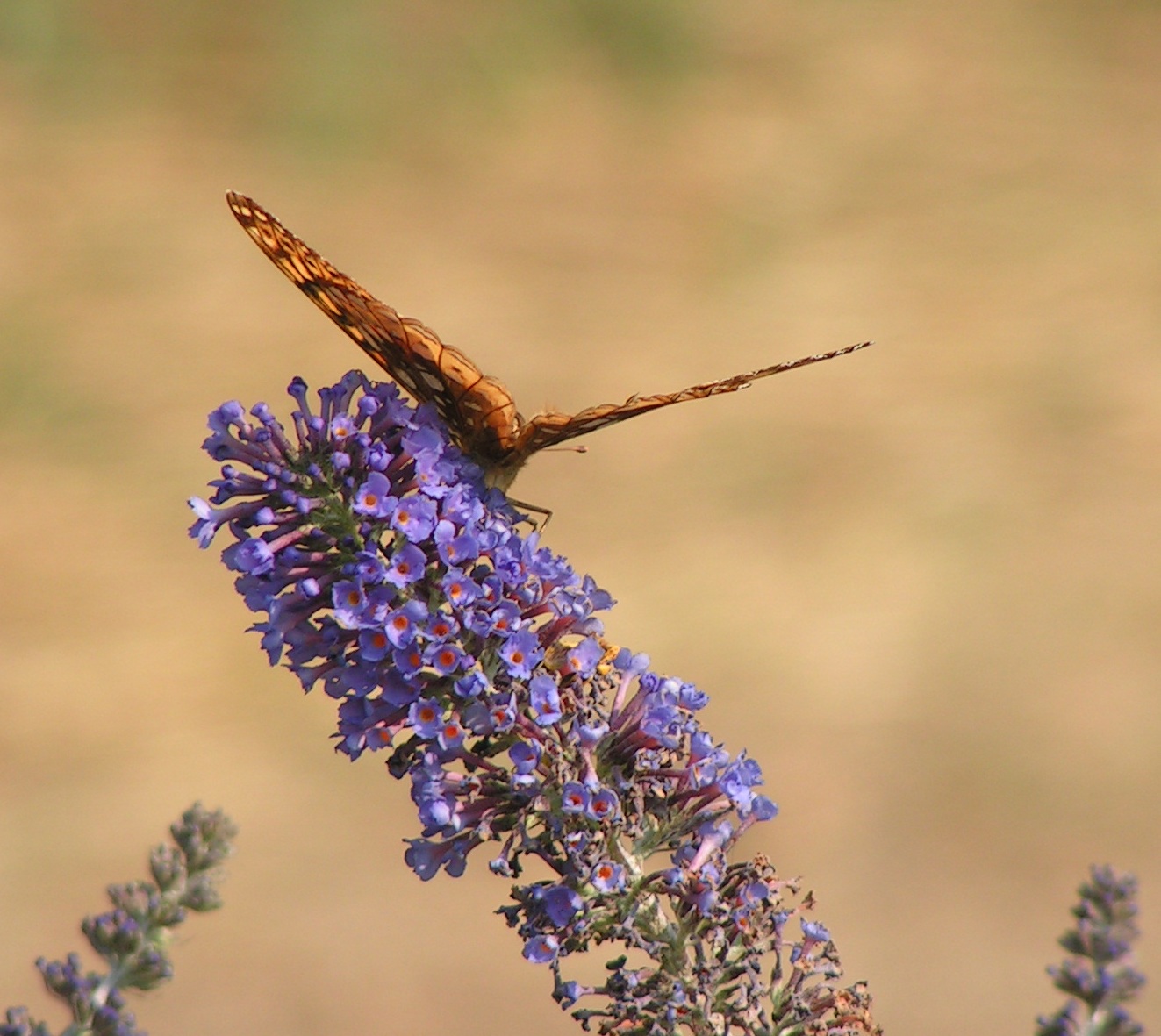
Don’t wither, stand firm these fretful days
Won’t the glaciers calve as we chant our praise?
Won’t the stars recede to their noble berths
When we frankly ask: who of us dies first?
Are we strong enough, is our chorus heard?
Know your song as pure, be a midnight bird.
Wait as one shipwrecked, there will come rescue
Even shattered or weak, there is fear to subdue
So resist vanishing into fine ocean sand
Or the crystals of ice melting in your hand.
Take your cosmic aim, pierce the far galaxy
Know your song as pure, let your heart stay free.
Burn the mind’s incense when you grieve or despair
Every jewel in your eye was once unaware.
What ancients foretell in a voice not heard
A breath of power will arise unperturbed.
No gust can devour, no river engulf
Know your song as pure, bow to silence itself.
One promise remains as our sole reprieve
From our innermost depths these treasures retrieve
As the heart’s true poise and the patience to wait
For a moment’s grace at the Deathless gate.
When the hails rain down, you just persevere
Know your psalm as pure, light will soon appear.
Be the waves, be the sea, circle wide and deep,
Be the prairies wild, and the mountains steep.
As in all that is lived, in the knowing seen
Every season dies and the winds in-between.
Chanting peace in the world, in the shadows of fear
Know your psalm as pure, why believe what you hear?
Now the mind’s gone quiet and you thought you knew
But your psalm stayed pure when the storm came through.
Emerge from the dream healing lifetime scars
Letting clarity surge in a banquet of stars.
Knowing cold and peace, value stillness alone
Then we learn just this – life’s continuing poem.
Yes, unblinding Truth can’t be chemo’d away
Waking up listen to its sublime rhapsody.
Travel empty and wise in the mouth of a whale
To the far galaxy, tell this wondrous tale.
© Ayyā Medhānandī, 2025
Peace in a Conflicted World – Nov. 8-10, 2024 Hybrid Dhamma Teachings

Ayyā Medhānandī and Ayyā Nimmalā will join TBC, Toronto Theravāda Buddhist Community, for Dhamma teachings:
- Friday night, Nov 8, meditation & Dhamma talk at Quaker House, downtown Toronto
- Saturday daylong, Nov 9, Mindfulness at Quaker House, Toronto
- Sunday a.m., Nov 10, at the Carrot Common,
Toronto
Registration is required. The retreat is offered in-person and online. Here is the link for more information and to register:
https://www.theravadabuddhistcommunity.org/announcements/
Please do join us.
Gratitude to Parents’ Day
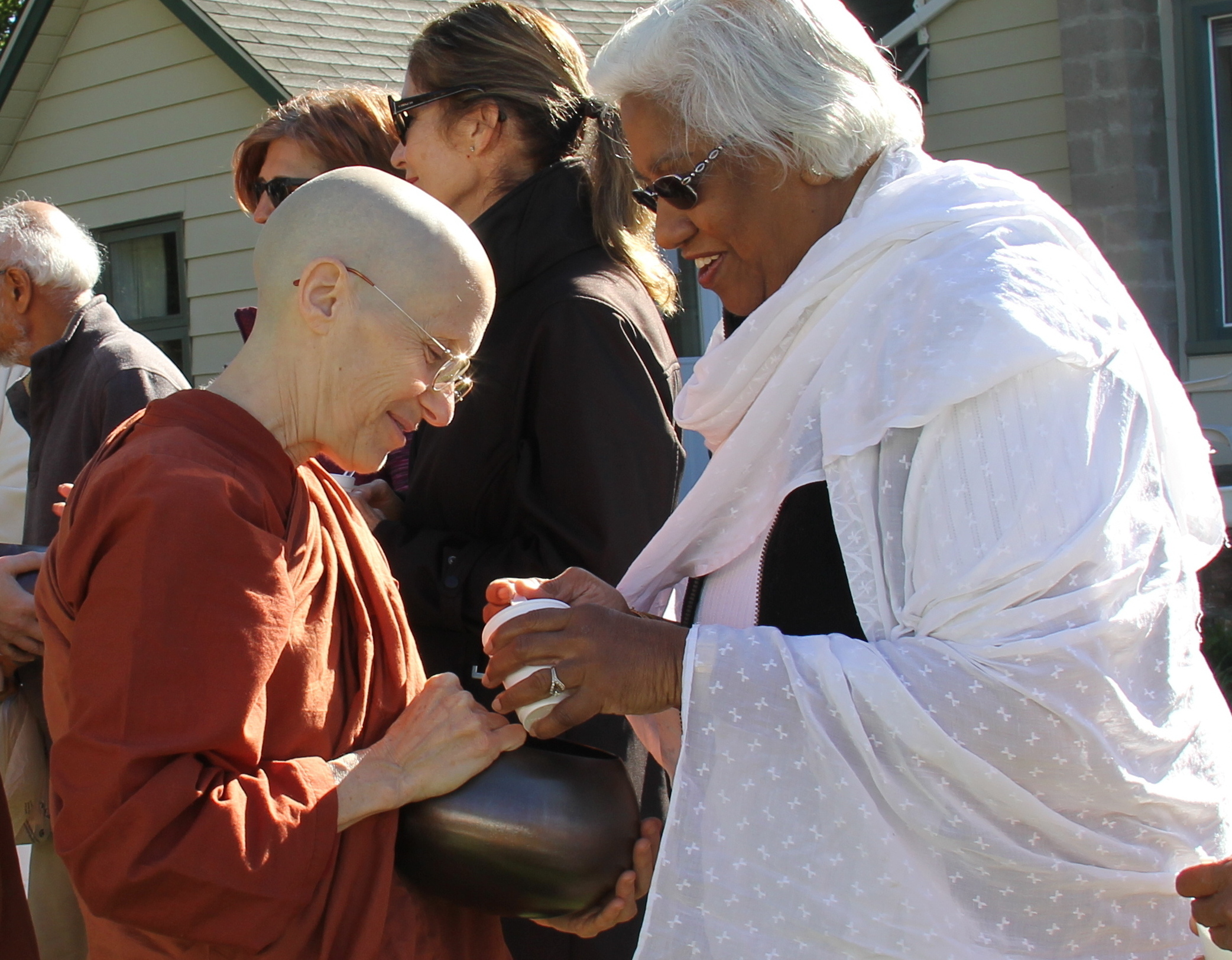
This coming Sunday, September 15th, 2024, is our Gratitude to Parents’ Day and Ayya Medhanandi’s 75th birthday. We hope you will join us at Sati Saraniya Hermitage for this joyous community event.
Please arrive by 10:30 am for welcome, rice pindapat (almsround) and community potluck. This will be followed by chanting, Dhamma talks and reflections by Luang Por Viradhammo, Ayya Medhanandi and the monastic community.
Reminders:
1. Please bring a PHOTO of your PARENTS to tape on our Memorial Parents’ Board-Shrine.
2. Please bring a LAWN CHAIR to sit on for the outdoor potluck.
3. There will no facilities available for heating up food offerings.
4. Please CARPOOL if possible.
Courage, Compassion, Resilience
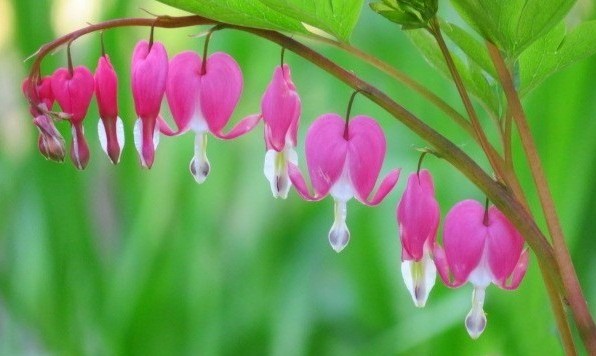 We are paying tribute to five members of a Sri Lankan family and their dear friend who all perished in a brutal attack in their Ottawa home on March 6, 2024. They were Darshani Ekanayake, her four young children: Inuka aged 7, Ashwini 4, Ranaya 2, and Kelly 2 months old, and their family friend, Gamini Amarakoon. Surviving Darshani and her four children is their devoted husband and father, Dhanushka Wickramasinghe, who was severely injured during the attack; and surviving Gamini in Sri Lanka is his beloved wife Dishani and their two young daughters.
We are paying tribute to five members of a Sri Lankan family and their dear friend who all perished in a brutal attack in their Ottawa home on March 6, 2024. They were Darshani Ekanayake, her four young children: Inuka aged 7, Ashwini 4, Ranaya 2, and Kelly 2 months old, and their family friend, Gamini Amarakoon. Surviving Darshani and her four children is their devoted husband and father, Dhanushka Wickramasinghe, who was severely injured during the attack; and surviving Gamini in Sri Lanka is his beloved wife Dishani and their two young daughters.
We hold them all in our hearts, honouring the gifts they brought to each other and to all those connected with them – their kindness, generosity, courage and love. May they realize the highest blessings of complete freedom from suffering.
For Dhanushka, Dishani and all their surviving family members, may the care and support of our wider community surround them with strength and healing. May they be uplifted by the power of our compassion and their own faith, gentleness, resilience and spiritual refuge.
May our minds not be caught in the strong currents of sorrow, pain, outrage, grief or despair. Instead, may we reflect wisely and gain deeper understanding of our shared human journey.
And for all who have been touched by these tragic events or face such violence in their own lives, may powerful healing and wise compassion prevail and offer uplift, comfort, and strength.
Hatred is never overcome by hatred but by love alone together with a sense of forgiveness. In no way do we condone such acts for accountability is necessary. At the same time, we must take care to deflect the venom of ill-will that is so disabling to our peace of heart. This may seem impossible but forbearance can draw forth wisdom and resilience to enable us to abide in loving-kindness and compassion even in the face of violence.
May we realize the impermanent nature of all conditions and the truth of suffering within our own hearts – seeing its cause, its ending, and how we can cultivate the way leading to freedom.
Wishing the blessings of great compassion and peace of heart for all,
Bhikkhunis Medhānandī, Nimmalā and Anuruddhā
Truly Ascend
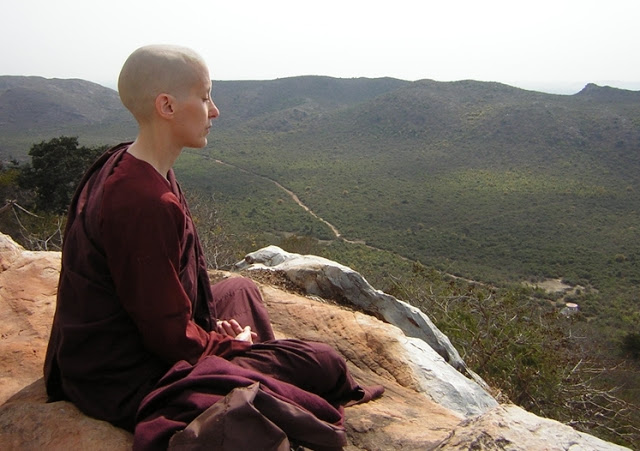 I have walked and lived in mountain ranges the world over – the Himalayas, the Andes, the Alps, the Picos de Europa, mountains in the Azores, South Asia, and North America. But not until I stayed in a tall building for a few months did I notice a visceral discomfort with heights.
I have walked and lived in mountain ranges the world over – the Himalayas, the Andes, the Alps, the Picos de Europa, mountains in the Azores, South Asia, and North America. But not until I stayed in a tall building for a few months did I notice a visceral discomfort with heights.
Then how was I able to roam those steep summits enjoying the view? I was aware of my phobia but I learned to conceal it well. We do this as human beings – not wanting to display our weaknesses. And we find ways of coping. When I needed to ground myself. I would keep my eyes on my feet or straight ahead on the path; or direct my gaze to the scene around me or to the horizon so that I could avoid the sight of sheer cliff faces or dizzying vistas.
Unwittingly, I relied on a practice that is also consonant with my monastic training and meditation – focus on the present moment, being with what I am doing rather than thinking about the past or the future. Looking around can distract the mind, consciously or not, from troubling thoughts or feelings: a painful memory, the face of someone threatening, or a loved one whose loss still haunts.
But eventually, being distracted or turning away from undercurrents that are fraught or disturbing can be detrimental and no longer serve our well-being. We may feel free to roam and do as we wish while tramping through the wilderness but on the spiritual path I have to descend to face what I fear – to see life exactly as it is from where I stand.
More vital to wisdom and understanding than being cushioned by exhilarating panoramas or placated by moments of calm is an ability to see Truth and live it. To grow in stature and be able to accept what is real – no matter the terrain of feelings we have to traverse – tortuous or peaceful, rocky or smooth: this is our life’s work.
Though I have trekked over lofty passes, fear has been the most punishing mountain to scale – especially on my own as an alms mendicant. For years, to survive in a western hamlet, dependent on a scattering of locals for my daily meal, I was forced to adapt. Too frightened to mention when food I received caused digestive disorder, I compromised my health to preserve the status quo – and not jeopardize my food source. Taking my lead, why wouldn’t my supporters, too, believe all was well?
Unable to look, I had chosen to suppress, deny, and blind myself to what had been brewing. My view of what it means to be an alms mendicant nun was fraught with idealism: want nothing and be content with and grateful for all that was given to me. So I clung to this flawed dynamic of striving for perfection without honouring my limits.
Only by letting that go could I free myself to enter authentic relationship with my supporters. They began to regard me as a person with legitimate needs, and in doing so, honour their wish to look after me properly. And being more honest about my needs, I could take better care of myself while respecting their goodwill.
Ironically, I had fallen into this predicament by flexing the old muscle that had helped me cope so well with heights. As long as I could ignore the altitude, I would not have to feel what I was feeling – in this case, hunger and distress. But this deception, moulded by stifling compassion for myself, had only made me ill. It was a foolish and unsustainable sacrifice. And in time, I would be brought down to earth with a bump – literally.
During a solitary retreat, I was attempting to water a plant on a high shelf. To reach it, I would have to climb on a chair. Without properly judging the stability of the chair or my own strength, barely poised as I stood on it, water jug in hand, the chair collapsed. One should never stand on a folding chair – but my hubris said: I can do this! Everything came crashing down, water, jug, plant, and nun – knocked unconscious and one leg maimed.
When help arrived, I refused to see a doctor so as not to inconvenience anyone. True to form, my mantra of ‘good enough’ rolled off my tongue: “I’m fine. Everything is okay.” But I had already managed to undermine myself three times: reaching beyond my capacity – to my own detriment, discounting the harmful result, and even after it dawned on me that I was indeed injured, carrying on as if it was just a minor discomfort.
That deformity is a perennial reminder of the lesson I learnt. The heights we aspire to are not to be measured in physical parameters nor in pretense and performance, but in the dimensions of coming down to earth and being true, exactly as we are. It is not enough only to open our eyes, we must also see clearly. Climbing ill-equipped, too steep, too high, impatient, unaware or blind to our limits, we can fall hard. Instead, bowing low and knowing the true measure of our strength, we truly ascend.
© Ayyā Medhānandī 2023
A Hidden Way to Freedom
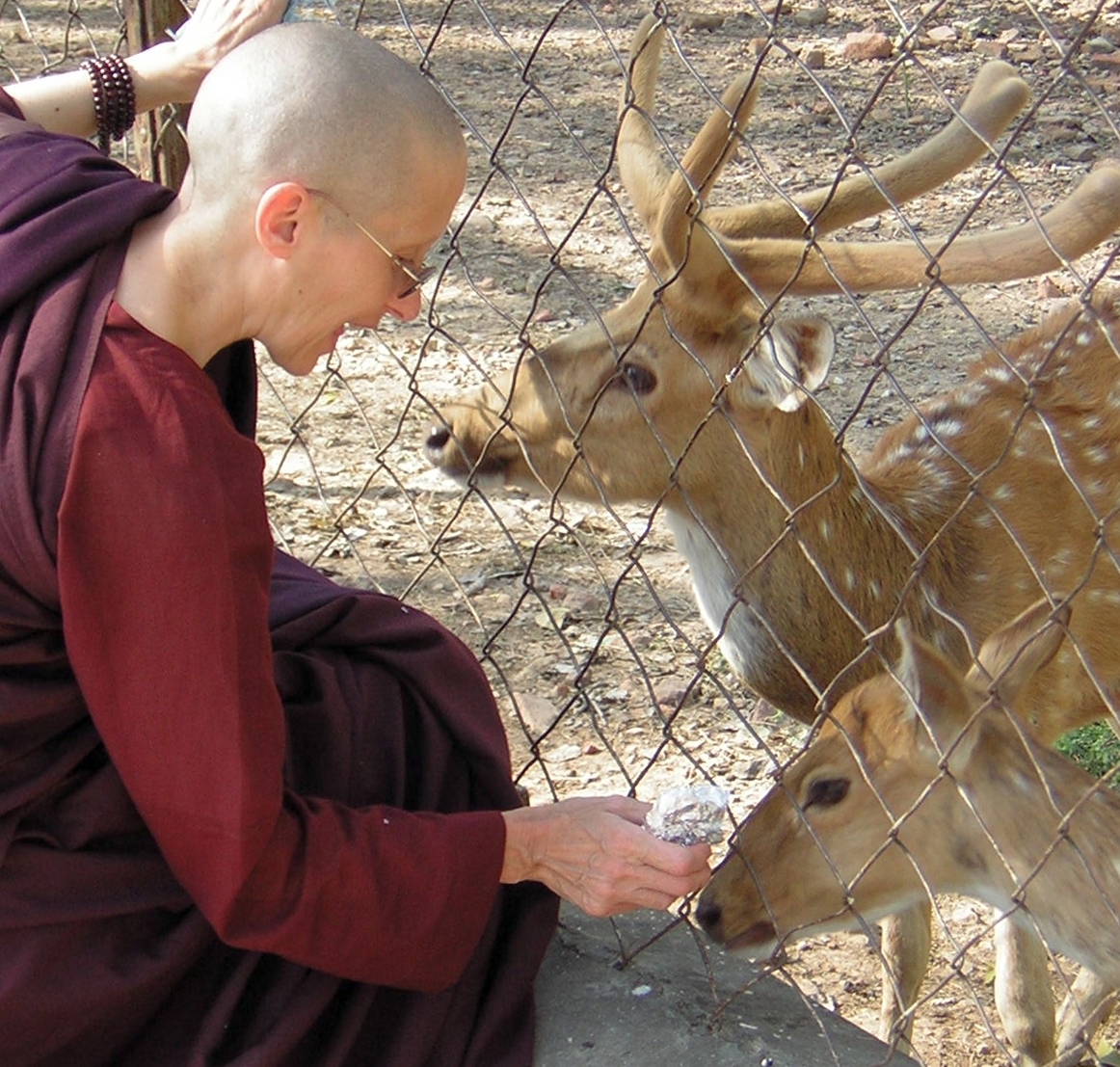 Have you ever tried chanting to learn its hidden powers as a channel for disarming obsessive thought, calming the mind, and preparing the ground for Nibbana to arise?
Have you ever tried chanting to learn its hidden powers as a channel for disarming obsessive thought, calming the mind, and preparing the ground for Nibbana to arise?
From ancient times, sacred chants have invoked higher energies, adorned rituals, and expressed faith, homage, healing and celebration. More potently, chanting is a leavening agent, an internal cleansing that divests the mind of toxins and impurities, freeing it from its insatiable habit of feeding on thought.
We chant not to remember words or conform to rituals but to unify our attention through repetition. Whether silently observing the breath or intoning mantras, verses and words of reverence and praise for the highest, the mind is trained to stay present. With sound, we enter the selfless vibration of it – not the doer ‘doing’ it. We open to being what we truly are, rather than what we think we are.
When we chant pure sounds, the body becomes an instrument. We viscerally interact with our environment through vibrations – sound energies reverberating within and flowing out again. More practice yields more pure sound until we are silent, for silence is the ground of being – and of sound.
One way animals restore themselves after an attack and regain equilibrium is through the trembling of the body. We too, as humans, can intone rhythmic vibrational waves that relieve us of locked-in fears, grief, anger, or regrets and restore us to profound inner peace. The senses unify and soak in the sound of the breath itself. Trusting the heart’s innate goodness, we feel uplifted and restored. We connect in the same chord of pure presence born from our purity of intention.
In village India, I learned from local women how to remove debris from their raw rice using a flat basket ‘plate’. They toss the rice up and down in the basket so that any grains of sand, small stones or other detritus separate to one side while the cleaned rice remains on its own.
Chanting does just that for our mental health, removing debris from the mind and tuning us to the pure resonance within us. As we chant to that frequency, we balance inwardly – as if we were grains of rice bounced up and down until all the detritus of life’s painful memories and past traumas are evacuated from our system.
These intonations are both fathomless and timeless. Indeed, our life is a spiritual chant, from the cry of a newborn to the last ebbing of consciousness into the arms of our karmic unfolding. And if the heart is pure, we shall hear the sound of silence at the dawn of its awakening.
So may you chant with all your heart and bless the moment.
© Ayyā Medhānandī 2023
A Global Mettā Vigil for Myanmar, Ukraine, Sri Lanka & All the World
Please join us for a global Mettā Vigil –
Saturday May 21, in Asia – Sunday May 22
Ayyā Medhānandī will lead this Vesak month’s Mettā Vigil. This broadcast is sponsored by Mettā4Myanmar – the 5th of 12 vigils being offered in 2022. We will gather with people from around the world to send mettā – good will and benevolence – to the people of Myanmar, Ukraine, Sri Lanka, Afghanistan, and for all beings seen and unseen.
In many countries, people are suffering physically and spiritually. We will express our compassion and dedicate our practice to them, wishing that their lives be blessed with peace, well-being, and freedom. This service will be translated in Burmese.
Please join us on Zoom: https://bit.ly/34mbybH
Zoom Link: https://bit.ly/34mbybH
Zoom ID: 892 8143 4572 Password: 151902
~~~~ Check your time zone to join the Vigil ~~~~
US-Canada: West Coast: Saturday May 21, 5:30 PM
US-Canada: East Coast: Saturday May 21, 8:30 PM
In Asia: Yangon, Myanmar: Sunday May 22, 7:00 AM
Singapore /Shanghai / Malaysia: Sunday May 22, 8:30 AM
Facebook Metta4Myanmar
Twitter@Metta4Myanmar
Instagram@Metta4Myanmar
Link to sign up for upcoming Mettā vigils.
